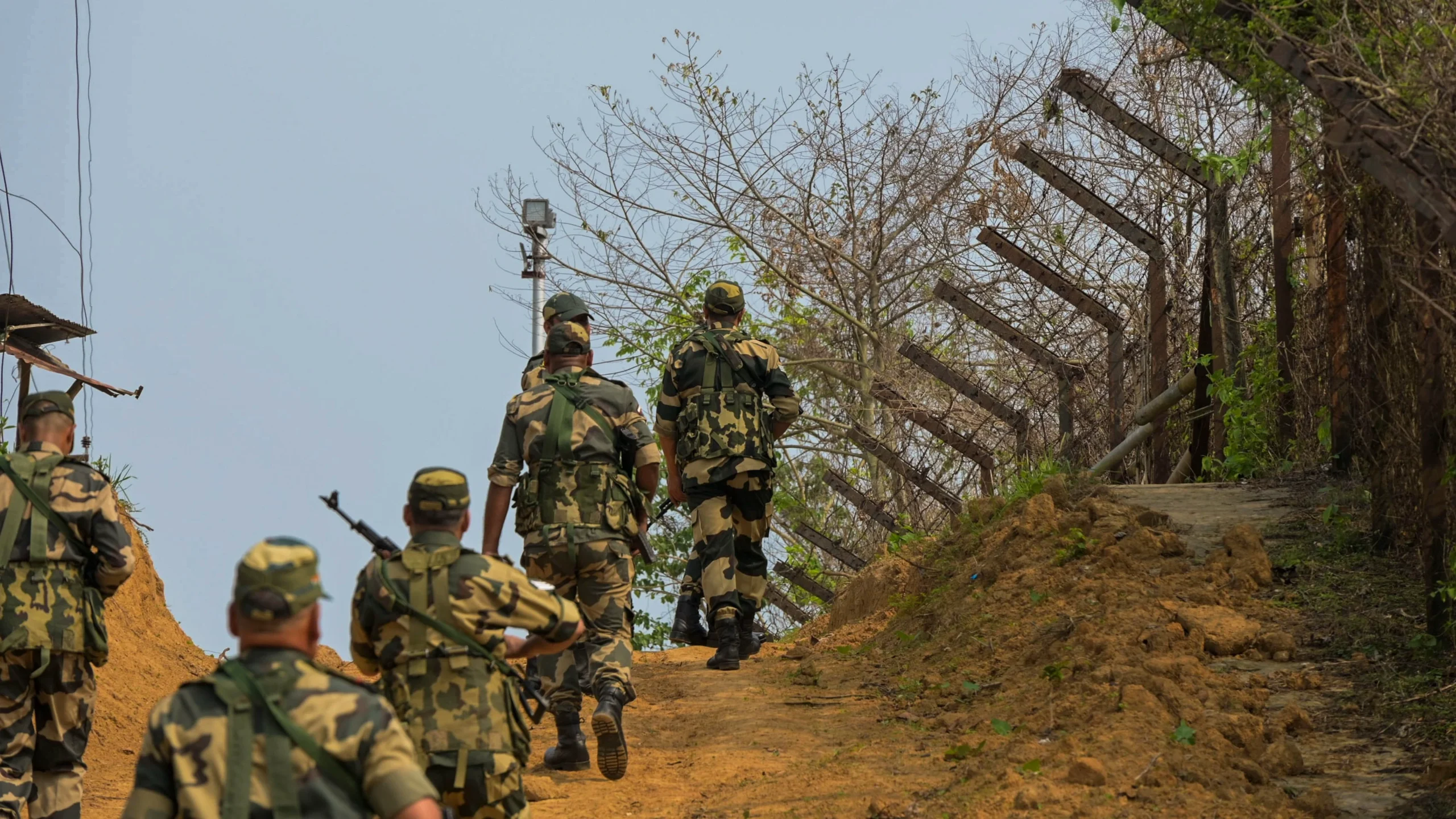New Delhi: Even as Tehran, Cairo and Riyadh stepped in to help de-escalate tension between New Delhi and Islamabad in the wake of the April 22 terrorist attacks in Jammu and Kashmir, China on Sunday reaffirmed its support to Pakistan “in safeguarding its sovereignty and security interests”.
“The conflict is not in the fundamental interests of India and Pakistan, nor is it conducive to regional peace and stability. It is hoped that both sides will exercise restraint, meet each other halfway, and promote the cooling of the situation,” the Ministry of Foreign Affairs of the Chinese Government stated.
Pakistan’s Deputy Prime Minister and Foreign Minister, Ishaq Dar, called China’s Foreign Minister Wang Yi on Sunday, a day after the communist country helped dilute the United Nations Security Council’s statement on the carnage. Dar “categorically rejected India’s unilateral and illegal actions, as well as its baseless propaganda against Pakistan”, according to the Ministry of Foreign Affairs in Islamabad.
“Fighting terrorism is the common responsibility of all countries in the world. China has always supported Pakistan in its resolute anti-terrorism actions. As a staunch friend and all-weather strategic partner, China fully understands Pakistan’s reasonable security concerns and supports Pakistan in safeguarding its sovereignty and security interests,” a spokesperson of President Xi Jinping’s government said in Beijing.
Wang was expected to have a bilateral meeting with External Affairs Minister S Jaishankar of India on the sideline of a BRICS meeting at Rio de Janeiro in Brazil on Monday and Tuesday. But Jaishankar, as well as India’s National Security Advisor Ajit Doval, may decide against travelling to Brazil, leaving New Delhi now, given the escalation of tension with Pakistan.
Dar on Sunday conveyed to Wang “deep appreciation” for China’s consistent and unwavering support to Pakistan and reaffirmed Pakistan’s “strong commitment to the iron-clad Pakistan-China friendship and the shared vision of an all-weather strategic cooperative partnership”.
China, one of the five permanent members of the UNSC, helped Pakistan water down the council’s statement on the killing of 26 people by the terrorists at Baisaran Meadow near Pahalgam in Jammu and Kashmir. The UNSC members “underlined the need to hold perpetrators, organisers, financiers and sponsors of this reprehensible act of terrorism accountable and bring them to justice”. They also stressed that “those responsible for these killings” should be held accountable, and urged all nations, in accordance with their obligations under international law and relevant Security Council resolutions, to cooperate actively with “all relevant authorities” in this regard.
The original draft of the UNSC statement was proposed by the United States, another P5 member of the council. It called for international cooperation with the Government of India.
But it was blocked by China and Pakistan, currently a non-permanent member of the UNSC, which insisted that any reference to the Government of India should be dropped, claiming that J&K remained a disputed territory. The consensus emerged after “Government of India” was replaced with “all relevant authorities”.
Dar and Wang reiterated their firm resolve to uphold regional peace and stability, promote mutual respect and understanding, and jointly oppose unilateralism and hegemonic policies, according to the statement issued by the Government of Pakistan in Islamabad on Sunday.
India responded to the latest carnage in J&K by putting in abeyance its 65-year-old Indus Water Treaty (IWT) with Pakistan, shutting down the Integrated Check Post at Attari-Wagah border between the two countries, revoking visas issued to citizens of Pakistan to visit India, and further downgrading bilateral diplomatic relations. New Delhi also expelled Pakistan’s three military officers posted as diplomats at its high commission in the capital of India.
Pakistan also retaliated with similar measures against India.
Wang told Dar that China was closely following the development of the current situation between Pakistan and India.
Iran’s President Masoud Pezeshkian also had phone calls with the prime ministers of India and Pakistan – Narendra Modi and Shehbaz Sharif – on Saturday, a day after the Persian Gulf nation’s foreign minister Seyed Abbas Araghchi offered to “forge greater understanding” between New Delhi and Islamabad in the wake of the recent terrorist attack in J&K.
Pezeshkian condemned the deadly terror attack and stressed the need for regional cooperation to confront terrorism. The president pointed to the “precious legacy of India’s great leaders, such as Mahatma Gandhi and Jawaharlal Nehru, expressing hope that their message of peace, friendship, and peaceful coexistence will continue to be the cornerstone of India’s relations with all countries,” Iran’s official news agency IRNA quoted him telling Modi.
Modi conveyed to Pezeshkian the anguish of the people of India over the killing of 26 people and their resolve to deal with the terrorists who had carried out the recent carnage.
Pezeshkian also called Sharif, who, according to IRNA, said that Pakistan would welcome any role by Iran to promote regional peace.
Saudi Arabian foreign minister, Faisal bin Farhan, and Egyptian foreign minister, Badr Abdelatty, also called their Indian and Pakistani counterparts, indicating interests in helping diffuse tension between New Delhi and Islamabad.
